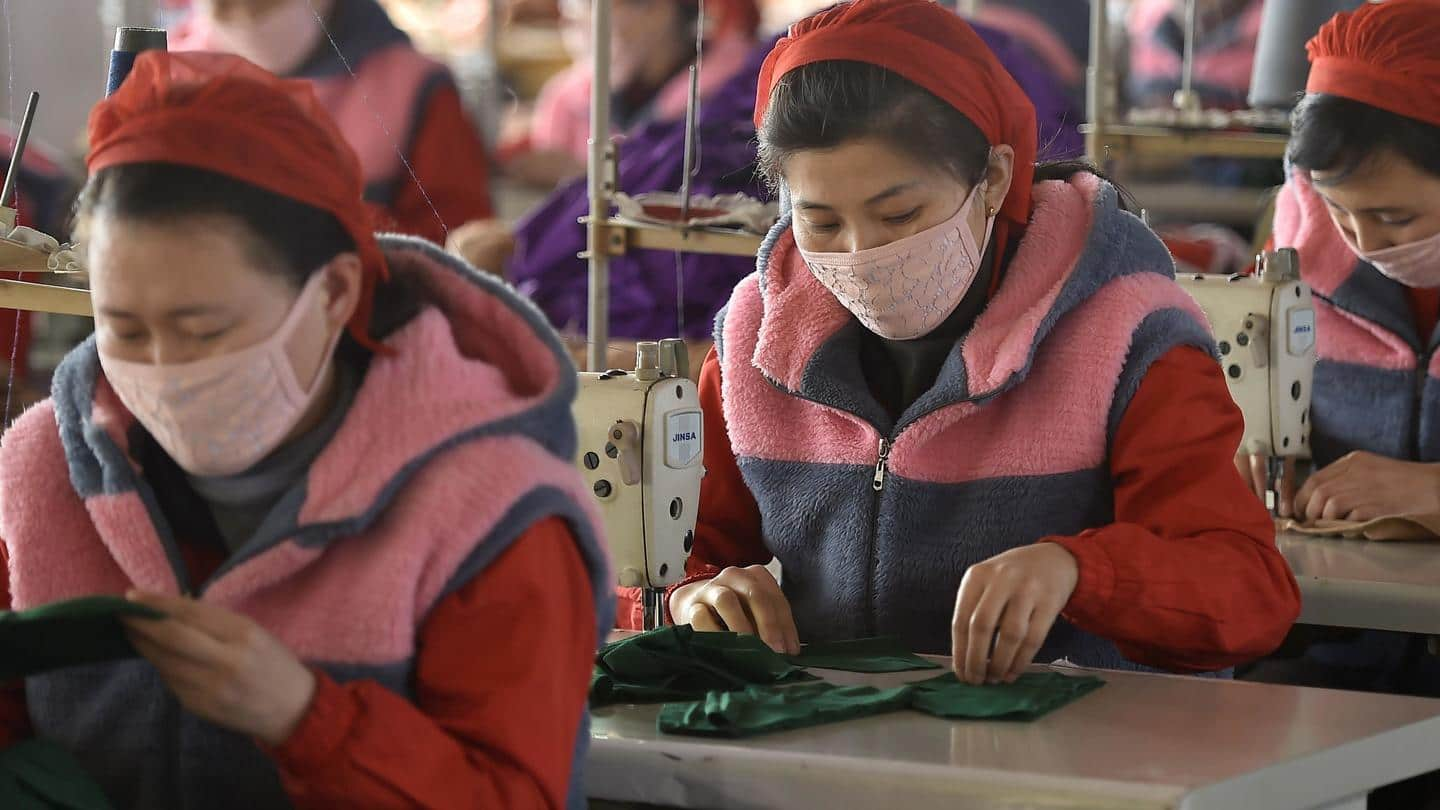
North Korea tells WHO it is still virus-free
What's the story
Isolated North Korea has continued to claim a perfect record in keeping out the coronavirus in its latest report to the World Health Organization (WHO).
At the beginning of the pandemic more than a year ago, North Korea had described its efforts to keep out the virus as a matter of national existence.
It shut its borders, banned tourists, and jetted out diplomats.
Information
Claim widely doubted by experts
It still severely limits cross-border traffic and has quarantined tens of thousands of people who have shown symptoms. But it still says it has found no COVID-19 case, a widely doubted claim given its poor health infrastructure and porous border with China, its economic lifeline.
COVID-19 test
All 23,121 tests conducted since start of pandemic reportedly negative
In an email to The Associated Press on Wednesday, Edwin Salvador, WHO's representative to North Korea, said the North has reported it tested 23,121 people for the coronavirus from the beginning of the pandemic to April 1 and that all results were negative.
Salvador also said that the North had said 732 people were tested between March 26 and April 1.
Olympics
North is skipping the Tokyo Olympics to protect its athletes
WHO officials say, "The North is no longer providing the UN agency with the number of people it quarantines with suspected symptoms."
Meanwhile, North Korea has decided to skip the Tokyo Olympics to protect athletes from the world public health crisis caused by COVID-19.
This is the first time that North Korea will miss the Olympics since it boycotted the 1984 and 1988 Olympics.
Vaccine
North Korea is expecting to receive 1.9 million vaccine doses
The UN-backed program to ship COVID-19 vaccines worldwide had said in February that North Korea could receive 1.9 million vaccine doses in the first half of this year.
However, COVAX has since warned of global shortages because the Serum Institute of India, which is licensed to produce the AstraZeneca vaccine, is putting its supplies into domestic demand while India's virus caseload is surging.